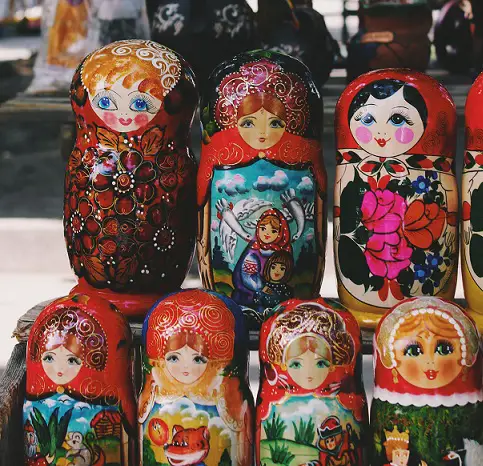Recent polling has shown that while a majority of Europeans support placing sanctions on Russia over the invasion of Ukraine if there is no cost to doing so, less than half would support the sanctions if they contributed to inflation, which it would appear they do through increased energy costs.
When the Eurobarometer survey asks Europeans if they would support sanctions, only 40% of Europeans would support the sanctions if they contributed to inflation. 60% said they would not support he sanctions.
The ratios varied by country, with Finns, who feel threatened by Russia, supporting sanctions more, with only 30% saying sanction would not be worth an increase in inflation.
Markus Lahtinen, Managing Director of Pellervo Economic Research, said, “According to the survey, the majority of Finns were still prepared to support sanctions even if they increased the price of energy and food, but this is no longer the case in Europe.”
Lahtinen noted that these sentiments may not yet be registering because many European nations had enacted policies to reduce the tangible effects of the costs of imposing sanctions. In Spain, the government enacted a 20 euro cent per liter reduction in the price of gasoline to offset increasing fuel costs, however that policy is only funded until the end of June.
So far rising gas costs have eaten into 75% of the 20 cent discount since it was enacted. Prime Minister Pedro Sánchez has said that he intends to extend the discount until September. However prices are expected to rise as much as 3 euros per liter.
Other countries have looked at he cost of sanctions to their country and come out against sanctions, such as Hungary. As a result the EU will be giving Hungary exemptions to the sanctions, as the country is landlocked, and has little choice but to rely on cheap Russian energy. The EU was ultimately given no choice as Hungary threatened to veto all sanctions by the bloc unless they were exempted from them.
In addition there is the prospect of Europe heading into a cold winter absent access to cheap Russian gas, which could create conditions considerably harsher than mere inflation produces. Already there is talk of Italy introducing gas rationing due to the cuts in Russian gas supply. Germany too is talking of rationing. Both mention the possibility of a cold winter absent sufficient amounts of the fuel needed to keep warm. In the UK, there is even talk of widespread power outages over the winter.
These conditions, combined with the public sentiment, create a unique set of conditions, where the political framework is present for Russian sanctions to be lifted quite quickly if there were a window that would allow European leaders to do so, such as a peaceful negotiation to the end of war in Ukraine. If the sanctions were lifted, there would be a quite rapid change in market conditions, as energy prices dropped, inflation was reduced, and Fed interest rate hikes became less necessary to tame inflation in the US. The stock market could be predicted to rally quite swiftly and strongly in response to all of that.
Of all the prognostications about where the market will be in six months, one facet of the terrain between here and there you do not often hear expounded upon would be European leaders returning Russia to the fold, and her energy resources suddenly being allowed into the Western Market.
As our economies slow, winter approaches, and this public sentiment grows, it is possible we will see that.


